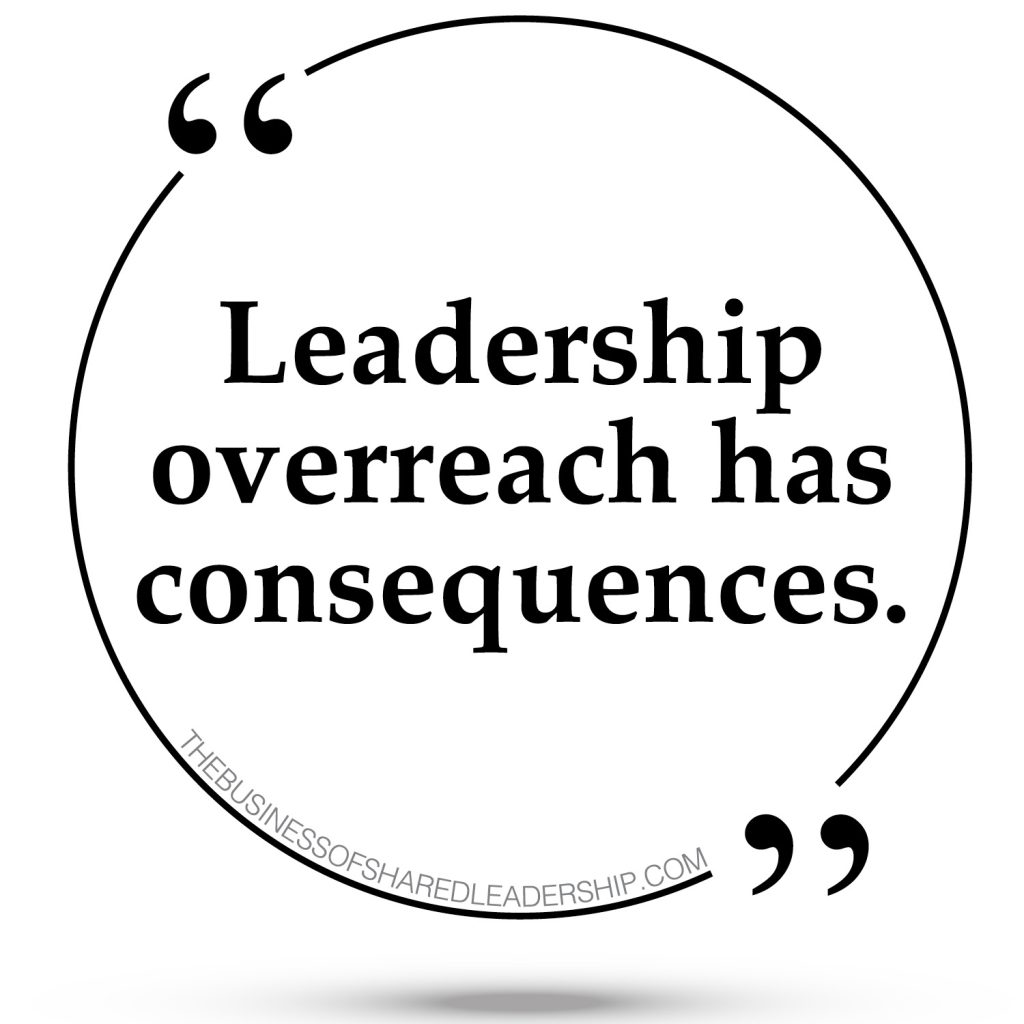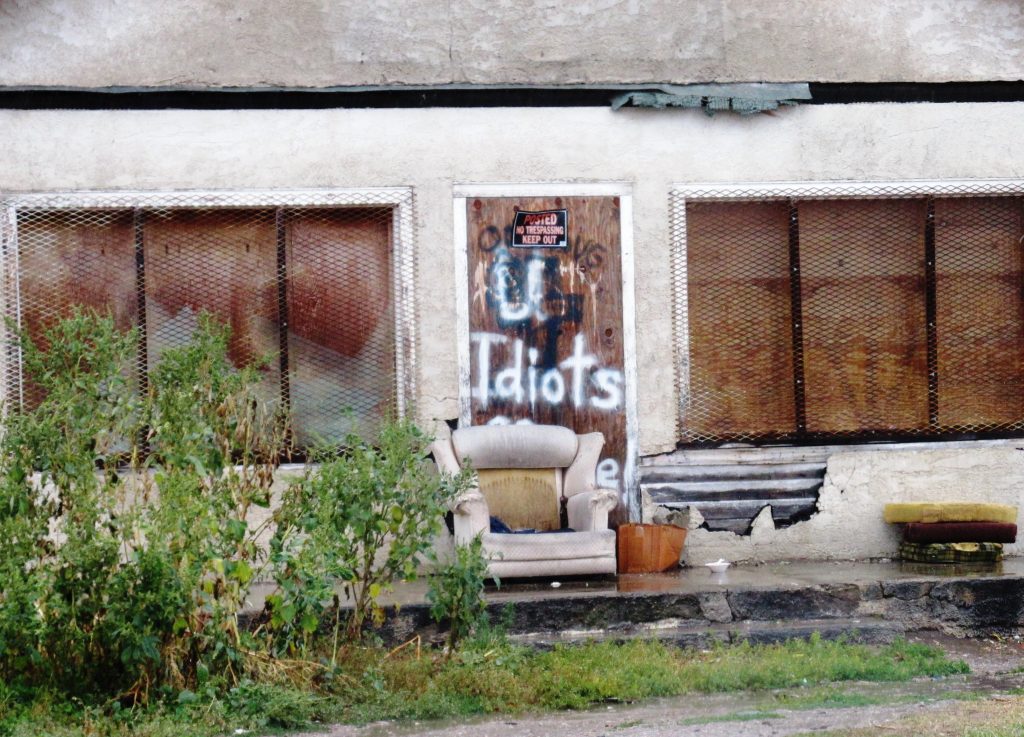Below is Whisper #13 from my latest book, 48 WHISPERS, which is a collection of photographs and personal meditations created across a decade of travel to the Pine Ridge Indian Reservation and the surrounding northern plains.

Leaders often overextend themselves. Those with the most power frequently exercise it and go too far. This is overreaching, and it has consequences.
Each time I drive across the northern plains I am struck by the vastness of territory that is largely devoid of a human presence. There was, as it turned out, plenty of room for everyone here. Nonetheless, for decades upon decades Indians fought Indians, whites fought Indians, and whites fought whites for primacy and control of this land.
Leadership overreach is not limited to any single race, creed, or religion. It’s a human temptation often exercised, always destructive, and never sustainable. Success for some has often come at the expense of others. The Lakota themselves were once conquerors. Subjugating weaker tribes and even taking slaves was all part of their expansion story, to—and beyond—the Black Hills. Likewise, overreaching was part of the American story. In the rush to claim our manifest destiny we denigrated and destroyed indigenous communities across the continent. Whoever had the most power on the northern plains often abused it.
In 1828, US Senator William Marcy coined the phrase “to the victor belong the spoils” in reference to wealth, territory, and possessions gained through conquest. This militaristic view of winning emboldens those with the most power to take what they please. Today Pine Ridge is the poorest place in America. That’s not victory. The consequences of acquiring through defeating others ultimately haunt those who do it.
Overreaching always has consequences.
